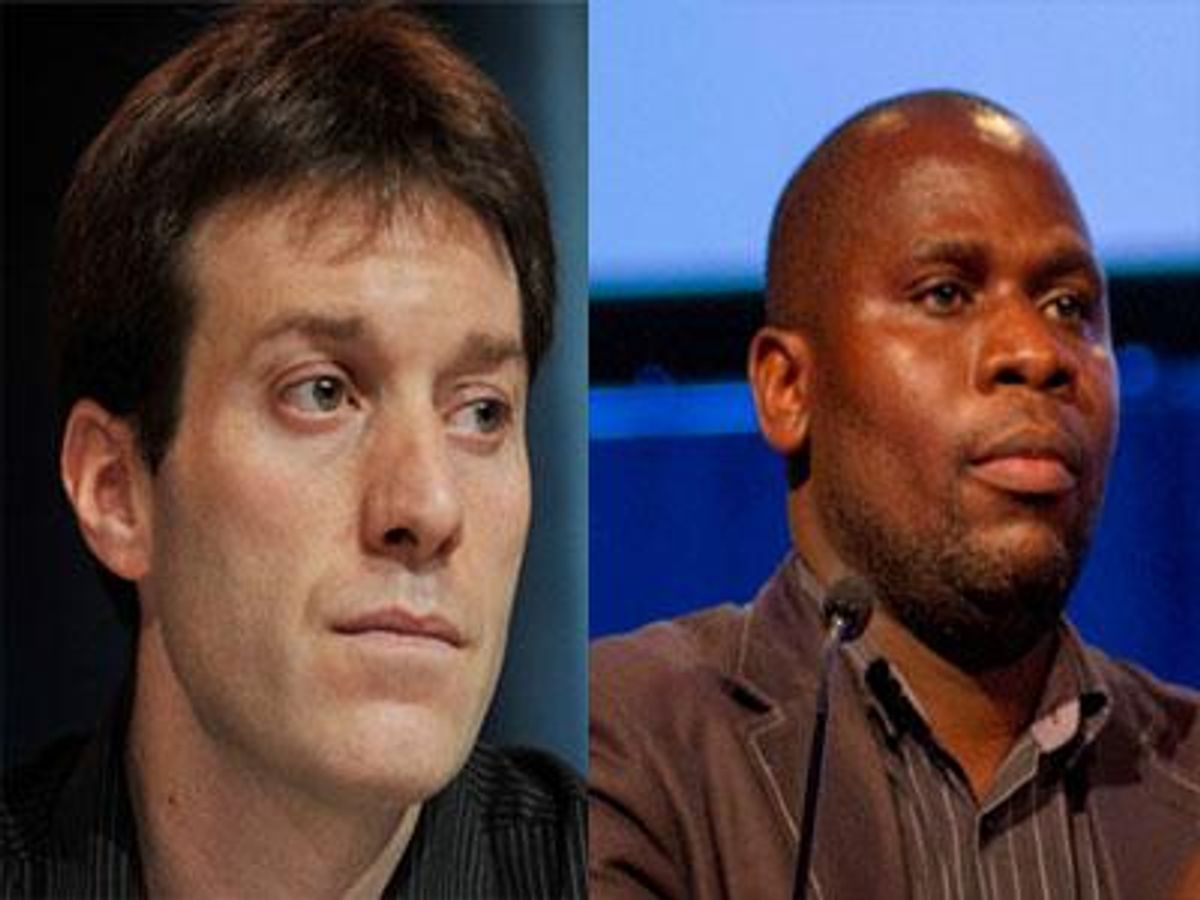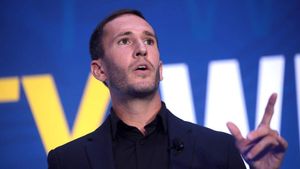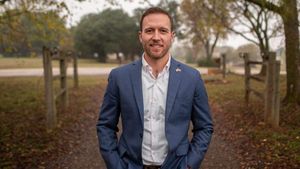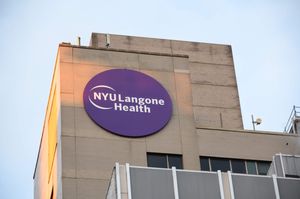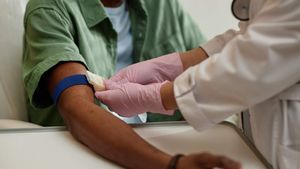HIV is still one of the world’s most enduring epidemics. And while it is true that it impacts every population, country, and culture around the world, one group that consistently sees the highest rates of HIV infection globally is gay, bisexual, and other men who have sex with men (MSM).
Often, the epidemic is framed as a problem for gay men in developed countries like the United States and for a largely heterosexual population elsewhere, especially in the global south. The subject of MSM in lower-income and developing countries is avoided, if not ignored, whether due to homophobia or a simple lack of awareness of the reality: MSM across the globe are at far greater risk of HIV infection than their heterosexual counterparts.
Highlighting this issue is the situation in Malawi, where The Center for the Development of People operates. As in much of Africa, traditional cultural mores have deeply stigmatized homosexuality, driving MSM into the shadows and creating an atmosphere where unsafe sexual practices thrive. In 2010, Malawi made international headlines when a male couple was sentenced to 14 years in prison for holding a symbolic wedding.
But there are positive signs for the future. Malawi’s current president, Joyce Banda, is far more progressive on these issues than her predecessor and has vowed to repeal the nation’s ban on homosexuality. But Malawi is a religious nation, and traditional negative views about homosexuality continue to run deep. We know we have our work cut out for us and teaming with other organizations around the world has helped us not only inform our work but provide a much-needed-support system.
There will not be a solution to the global HIV epidemic unless high rates of HIV transmission in MSM are addressed. Unfortunately, in many countries, far too few conversations are taking place around that issue. I spoke about MSM issues in Malawi, and CEDEP’s work on a panel at last month’s International AIDS Conference in Washington, D.C., hosted by The Fenway Institute and the Center for Public Health and Human Rights at the Johns Hopkins Bloomberg School of Public Health.
In December 2011, Fenway, John Hopkins, and the Malawi College of Medicine trained peer educators and health personnel in Malawi about HIV, MSM and other LGBT issues, encouraging them to develop specific clinical skills, and be open and nonjudgmental in treating MSM patients. This training covered six subject areas: an overview of the epidemiology of HIV in the region; how health services can encourage high-risk behaviors when they stigmatize MSM; taking sexual histories in a non-judgmental way; clinical testing; using condoms and lubricant to prevent HIV transmission on an individual level; and counseling MSM to reduce their risk of HIV, as well as for mental health issues.
Some might be skeptical that a two-day training focused on clinical skills and cultural competence could have an impact on the larger issues of HIV and homophobia in Malawi. While our initial group was small, the results of a survey we conducted before and after the training show that that message was heard. The doctors, nurses, health educators, and more who attended, from facilities ranging from small clinics to large hospitals, learned a great deal: and reported greater knowledge of the scope of the MSM HIV epidemic in Malawi, MSM sexual practices and the risks involved, approaches to clinical issues, and the stigma that many MSM face when they seek HIV treatment. More than 70% agreed that they did not have to fully accept a patient’s sexual orientation in order to treat him or her.
There will be no rapid sea change in Malawi’s culture. Many of the medical personnel in our training reported that they feared themselves becoming stigmatized for choosing to treat MSM patients and undertrained in addressing specific clinical issues. And despite President Banda’s support for repealing the ban on homosexuality, that law remains in effect, with its repeal intensely opposed by conservative politicians and religious leaders.
But there is a way forward. The success of this training can serve as a model for future such efforts. If we are given the resources we need to scale up such programs across Africa, making them increasingly standard for medical providers across the region, we can move toward a day when all MSM in Africa can seek HIV treatment without being stigmatized for who they are by those who should be treating them. And that will, in turn, be a great step toward ending this epidemic.
---
Rodney VanDerwarker, MPH is administrative director of The Fenway Institute (www.thefenwayinstiute.org) in the United States. Gift Trapence is director for the Development of People (www.cedepmalawi.org/) in Malawi. Stefan Baral, MD MPH, is the Associate Director for Key Populations at the Center for Public Health and Human Rights (https://www.jhsph.edu/research/centers-and-institutes/center-for-public-health-and-human-rights), at the Johns Hopkins School of Public Health.
